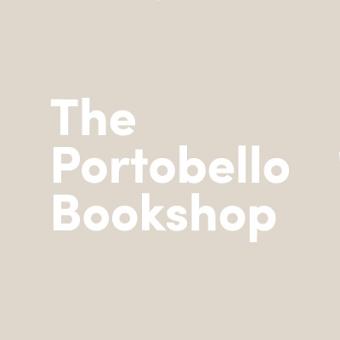New Historicism and Cultural Materialism
Format:Paperback
Publisher:Bloomsbury Publishing PLC
Published:22nd Jun '98
Currently unavailable, and unfortunately no date known when it will be back

'Lucid, vivid and fluent, this study presents both new historicism and cultural materialism in a sympathetic manner, while also offering some penetrating criticisms of both movements. The result is a work which manages to introduce these theories to students while at the same time rebuking some of their exponents for an excessive social pessimism. What is offered, therefore, is a truly creative intervention in the developing debate. Dr Brannigan tries at all times to keep open the possible meanings in a text and open also to the range of texts which might be exposed to a particular treatment. He tests the theories against a number of very different works by Joseph Conrad, Charlotte Perkins Gilman, Alfred Lord Tennyson and WB Yeats and he tests the chosen texts by the methodologies brought to bear on them. Far from treating these authors' works as illustrations of an a priori argument, Dr Brannigan, like all the best critics, finds in each of them unsuspected layers of meaning. The reading of Yeats, in particular, shows him at his scrupulous best. In the concluding section, Dr Brannigan speculates about likely future trends. In these exhilarating pages, far from proclaiming the triumph of either literature or theory, he effectively explodes the distinction between them. For this book shows how there can be no literature without some theory of art and also that the finest criticism may be raised to the level of artistic utterance. He brings to bear on the newer -isms the same vigilant scepticism which their exponents rightly brought to bear on practical criticism, but he also offers a margin of hope to those who wish to dismantle the lineaments of power in society or in culture.' - Professor Declan Kiberd, University College Dublin
New historicism and cultural materialism emerged in the early 1980s as prominent literary theories and came to represent a revival of interest in history and in historicising literature.New historicism and cultural materialism emerged in the early 1980s as prominent literary theories and came to represent a revival of interest in history and in historicising literature. Their proponents rejected both formalist criticism and earlier attempts to read literature in its historical context and defined new ways of thinking about literature in relation to history. This study explains the development of these theories and demonstrates both their uses and weaknesses as critical practices. The potential future direction for the theories is explored and the controversial debates about their validity in literary studies are discussed.
'Lucid, vivid and fluent, this study presents both new historicism and cultural materialism in a sympathetic manner, while also offering some penetrating criticisms of both movements. The result is a work which manages to introduce these theories to students while at the same time rebuking some of their exponents for an excessive social pessimism. What is offered, therefore, is a truly creative intervention in the developing debate. Dr Brannigan tries at all times to keep open the possible meanings in a text and open also to the range of texts which might be exposed to a particular treatment. He tests the theories against a number of very different works by Joseph Conrad, Charlotte Perkins Gilman, Alfred Lord Tennyson and WB Yeats and he tests the chosen texts by the methodologies brought to bear on them. Far from treating these authors' works as illustrations of an a priori argument, Dr Brannigan, like all the best critics, finds in each of them unsuspected layers of meaning. The reading of Yeats, in particular, shows him at his scrupulous best. In the concluding section, Dr Brannigan speculates about likely future trends. In these exhilarating pages, far from proclaiming the triumph of either literature or theory, he effectively explodes the distinction between them. For this book shows how there can be no literature without some theory of art and also that the finest criticism may be raised to the level of artistic utterance. He brings to bear on the newer -isms the same vigilant scepticism which their exponents rightly brought to bear on practical criticism, but he also offers a margin of hope to those who wish to dismantle the lineaments of power in society or in culture.' - Professor Declan Kiberd, University College Dublin
ISBN: 9780333687819
Dimensions: unknown
Weight: 336g
249 pages